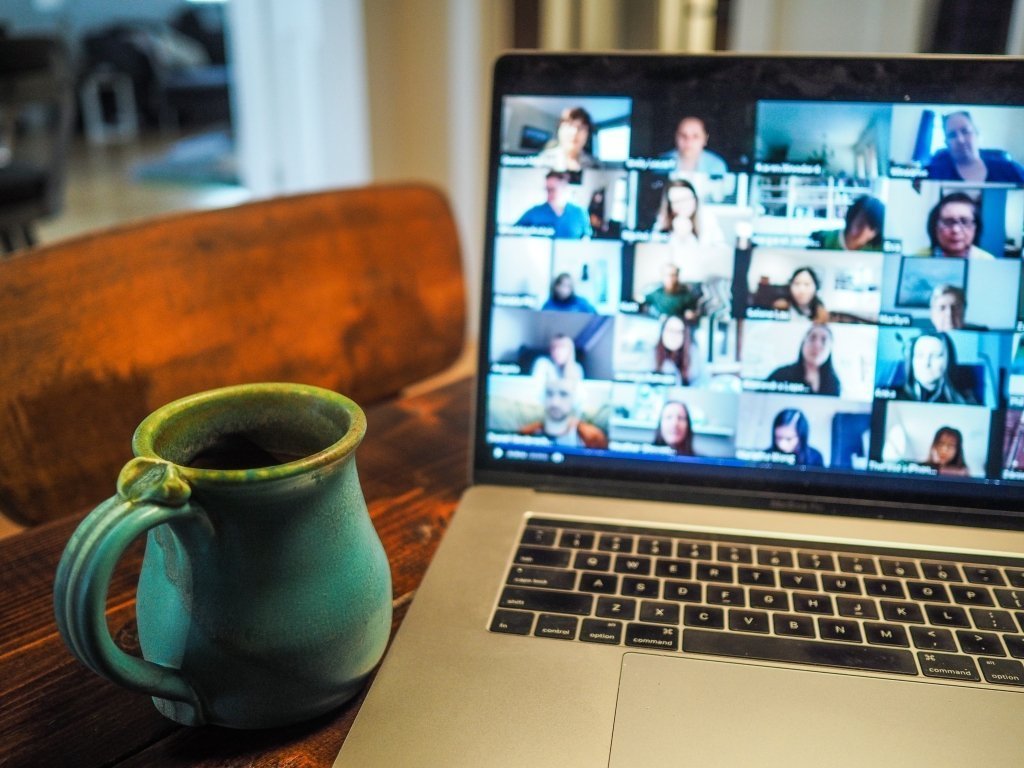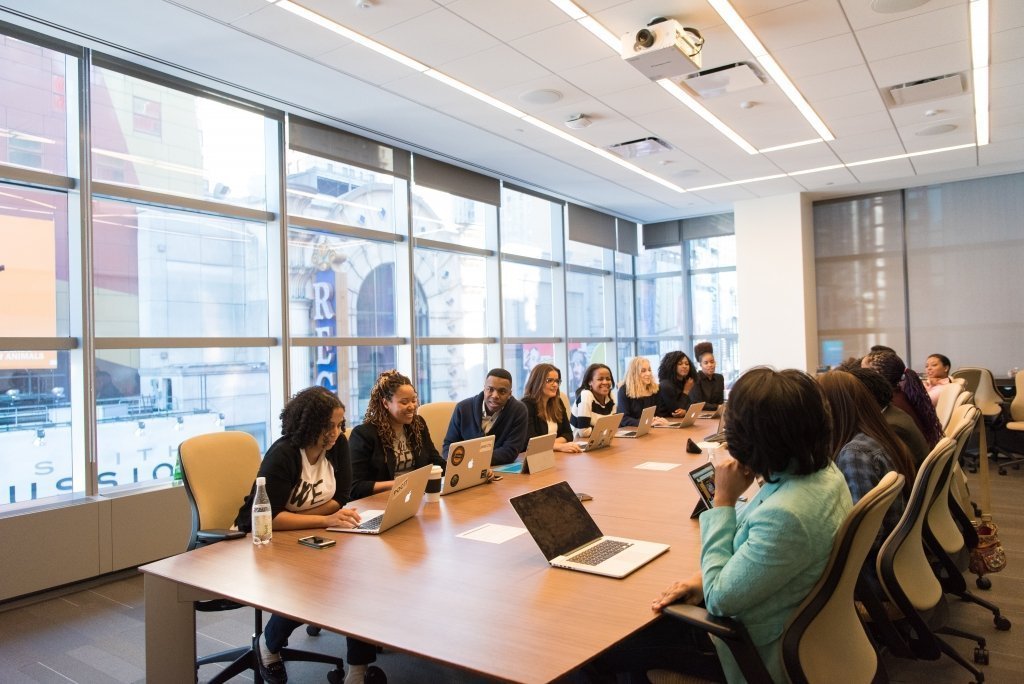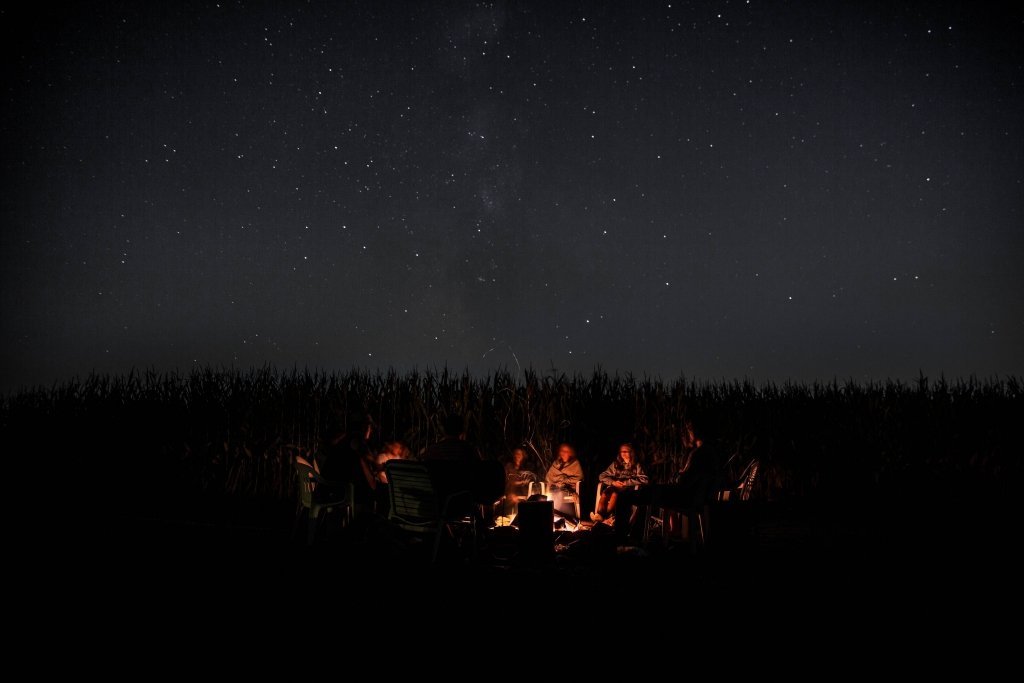Arival 360: 5 things we learnt
A week after the end of Arival 360, we’ve put together our thoughts on the virtual conference
It’s now been a week since the end of Arival 360 — my first virtual conference and a very welcome distraction from trying to find something new to watch on Netflix on an evening. For the most part, everything went well and was very useful in terms of learning about the tours, experiences and activities sectors and making contacts. Here’s five things we learned from Arival and about virtual conferences.
1. The OTAs are bullish about the future

AMAs with Viator’s president, Ben Drew, and GetYourGuide’s CEO, Johannes Reck, revealed that they both had huge amounts of confidence in the industry’s future. Of course, they’re playing the long game and would be expected to see past the pandemic. But we all are, and we should be hopeful about what’s around the corner.
Customer behaviour is changing during the pandemic — people are staying locally, booking last minute and expecting increased hygiene and usage of contactless technology — and in many places travel bookings began to rise again, even if it was from a low base. Some of these will be permanent changes that are good for the industry as a whole, while others will fade away as vaccinations begin, such as local travel.
2. Very few people are bullish on virtual tours and experiences

With a few notable exceptions, virtual tours and experiences are not something that will work in the long term. Even Amazon is unlikely to make the concept work. Tours aren’t documentaries and they’re not written, produced or experienced in the same way. And if a tour is going to compete with a documentary, it’s going to have to be priced similarly — that is, almost for free when compared to most tours. It’s not going to work as a revenue stream.
Where it does have uses, particularly now, is in marketing and customer engagement. It’s possible to use them to attract and remind people that these fantastical and beautiful places are still there. People will see that the companies which will show the sights, teach the history and tell the stories are still about. However, I would think a better use of the effort would be a ten-minute video on YouTube. It would be glossier, and distributed in basically the same way.
Where virtual experiences can work is with food, whether cooked in a restaurant or by the customer at home. The virtual bit is simply the guidance given by the operator and the chatting, laughing and getting to know others. They do require the extra logistics of getting the meal or ingredients sent to the right place, and larger cooking classes may be difficult to handle.
3. Virtual events will go the same way as their tours and experiences cousins

The in-person business meeting may well die out soon, but events just aren’t the same when delivered virtually. The content may not have changed, however, they’re missing the interactions that made them so valuable. It’s hard to bump into people and strike a deal or build a friendship, the parties just can’t be the same, and you miss that time between slots to grab a quick caffeine boost.
Technically, Arival 360 was good with a few glitches. People were cut off at the end of the talks and panels, some weren’t able to dial in, and the stream wouldn’t start if you were looking at another tab before a discussion started. But all events have technical difficulties — these are just new ones in the mix. It’s the human element that’s missing.
4. “The travel industry has a diversity problem”, still

It does amaze me that BAME, LGBTQ+ and disabled people face still adversity in the world of travel. This was highlighted well by Arival through a number of talks, panels and interviews. Each one brought concrete steps that could be taken, from simple changes to marketing materials and more diverse hiring, to scarier ones, such as enabling your guests to ask difficult questions in order to move the conversation forward.
However, these may have had too much focus on the situation in the United States, which has a more serious (people are dying, regularly) and different conversation to what is going on in much of the developed world. This isn’t to minimise the conversations taking place or to reduce the experiences people are having in other places. There are many things that we may learn from what we hear from America, and they should have the opportunity to learn from better integrated multicultural societies, even if they’re not perfect.
5. Never forget the fun of telling a story

The final day of Arival 360 was handed over to the team from TripSchool. Boy, did they blow it out of the water. Two of their sessions focussed on the importance of storytelling to tours, activities and experiences. They were brilliant — and important. Travellers will leave better reviews and pay more for those.
People are meant to tell stories. It was one of the main ways we passed along information from generation to generation for millions of years. We still do the same today with our children. We tell stories to teach them how to cross the road, how to share, and how to live without fear.
Stories help us to remember what happened and greatly increase our enjoyment. If you can tell your customers a ripping yarn or an emotional tale they’ll never forget it.
Leave comment
Interested in our products?
Ventrata is a comprehensive booking solution for tour and attraction businesses that are looking to win back control of their sales channels and maximise profits. With Ventrata as your booking and ticketing partner, you not only get industry-leading software you also get 24/7 support from our global team!
You must be logged in to post a comment.